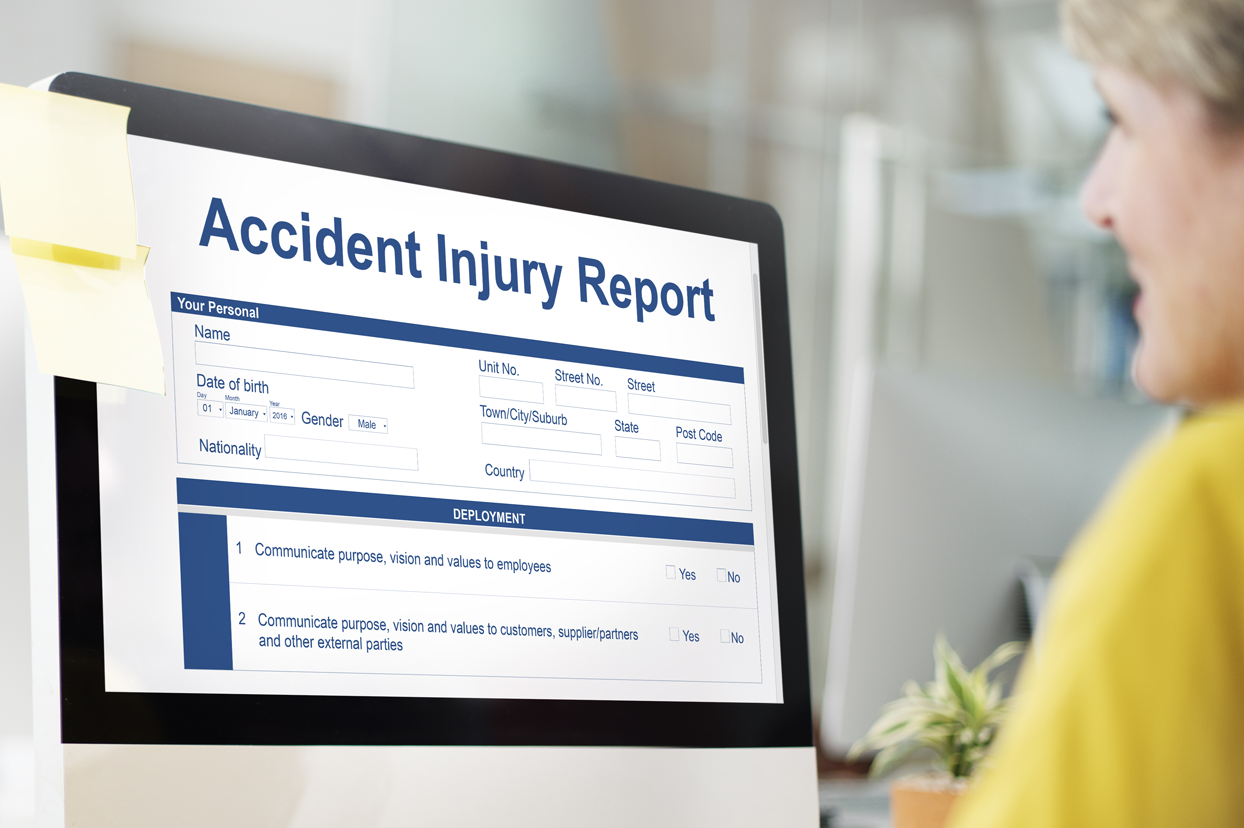June 16, 2021
Avoid common mistakes when reporting work injuries
Fast, accurate injury reporting can reduce frustration for everyone involved.
Sometimes it can even reduce costs by preventing:
- State penalties
- Litigation
- Delayed return-to-work
- Low employee morale
- Unnecessary medical costs
Following are some of the most common reporting mistakes we see, and ways you can easily avoid them:
- Not indicating that an employee is missing work due to a work injury.
As soon as your employee begins losing time from work due to the injury, let your claims representative know, so the employee receives wage-replacement benefits on time. Failing to do this can lead to state penalties and financial hardship for the employee. - Reporting late.
As soon as any supervisor, manager or claims coordinator becomes aware of an injury, the clock starts ticking toward your state’s deadline to determine whether the employee is due workers’ compensation benefits. Missing the deadline can result in significant state penalties. Reporting right away gives your claims representative enough time to investigate the injury before the deadline. See the How to report a work injury page for details on how to report. - Incomplete forms.
If you choose to report your claim by filling out a form, leaving off important information can delay processing of a claim. Especially important details include: Social Security number and date of birth of the employee, date of injury, date of first day of lost time, date employer was notified about injury, and contact information. - Communications breakdowns.
Make sure employees and supervisors understand the process for reporting a work injury at your organization. Delays in reporting injuries sometimes occur because employees simply don’t know who to tell if they are injured. - Including sensitive information in first reports.
In some states, including Minnesota, the injured employee is entitled by law to receive a copy of the First Report of Injury. If you suspect fraud, or have other sensitive information about the incident, report it to your claims representative separately or report your concerns through our website. If you report through the SFM Work Injury Hotline, you can call or email your claims representative about your concerns. If you report the injury using a form, you can write it on a separate piece of paper and attach it to the first report. If you report online, you can type it in the confidential comments box on SFM’s online First Report of Injury. - Not reporting questionable claims.
Sometimes employers don’t report an injury because they think it is suspicious, or not serious enough to report. This is a violation of state laws, which require the employer to report any injury claimed by an employee. Instead, report all injuries, but let your claims representative know about your concerns. Your claims representative will investigate the claim and its circumstances. - Sending a First Report of Injury to your agent.
Please report workers’ compensation claims directly to us. Sending them to your agent can delay our receipt of the report, which can hamper our ability to investigate and respond promptly to the claim. - Filing in the wrong state.
For employers with multiple locations, sometimes there’s confusion over which state to file the claim in. Due to the differences in states’ workers’ compensation laws, this can sometimes be difficult to determine. A good rule of thumb is to file in the state where the employee was hired or typically works. When in doubt, it’s still best to make the report right away and let your claims representative know that you have concerns.
This post was originally published on June 18, 2013, and updated on June 15, 2021.
This is not intended to serve as legal advice for individual fact-specific legal cases or as a legal basis for your employment practices.





